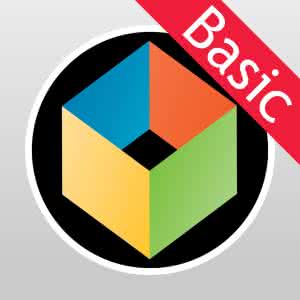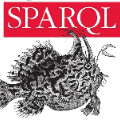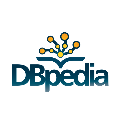Thanks to the development of the Semantic Web, a lot of new structured data has become available on the Web in the form of knowledge bases (KBs). Making this valuable data accessible and usable for end-users is one of the main goals of Question Answering (QA) over KBs. Most current QA systems query one KB, in one language (namely English). The existing approaches are not designed to be easily adaptable to new KBs and languages. We first introduce a new approach for translating natural language questions to SPARQL queries. It is able to query several KBs simultaneously, in different languages, and can easily be ported to other KBs and languages. In our evaluation, the impact of our approach is proven using 5 different well-known and large KBs: Wikidata, DBpedia, MusicBrainz, DBLP and Freebase as well as 5 different languages namely English, German, French, Italian and Spanish. Second, we show how we integrated our approach, to make it easily accessible by the research community and by end-users. To summarize, we provided a conceptional solution for multilingual, KB-agnostic Question Answering over the Semantic Web. The provided first approximation validates this concept.
翻译:由于开发了语义网站,许多新的结构化数据以知识库的形式在网上提供。使这种有价值的数据便于获取并可供终端用户使用,这是在KB上进行问答的主要目标之一。大多数当前的QA系统都用一种语言(即英语)查询KB。现有方法的设计并不容易适应新的KB和语言。我们首先引入了将自然语言问题翻译给SPARQL查询的新方法。它能够同时用不同语言查询数个KB,并且很容易移植到其他KBs和语言。在我们的评价中,我们的方法的影响被证明使用了5种已知和大的KBs:维基数据、DBpedia、MiscalBrainz、DBLP和Freebase,以及5种不同的语言,即英语、德语、法语、法语、意大利语和西班牙语。第二,我们展示了我们如何整合我们的方法,使研究界和终端用户更容易使用该方法。我们总结了“Seno”版本概念为多语、“Seguard”提供了一种概念解决方案。





